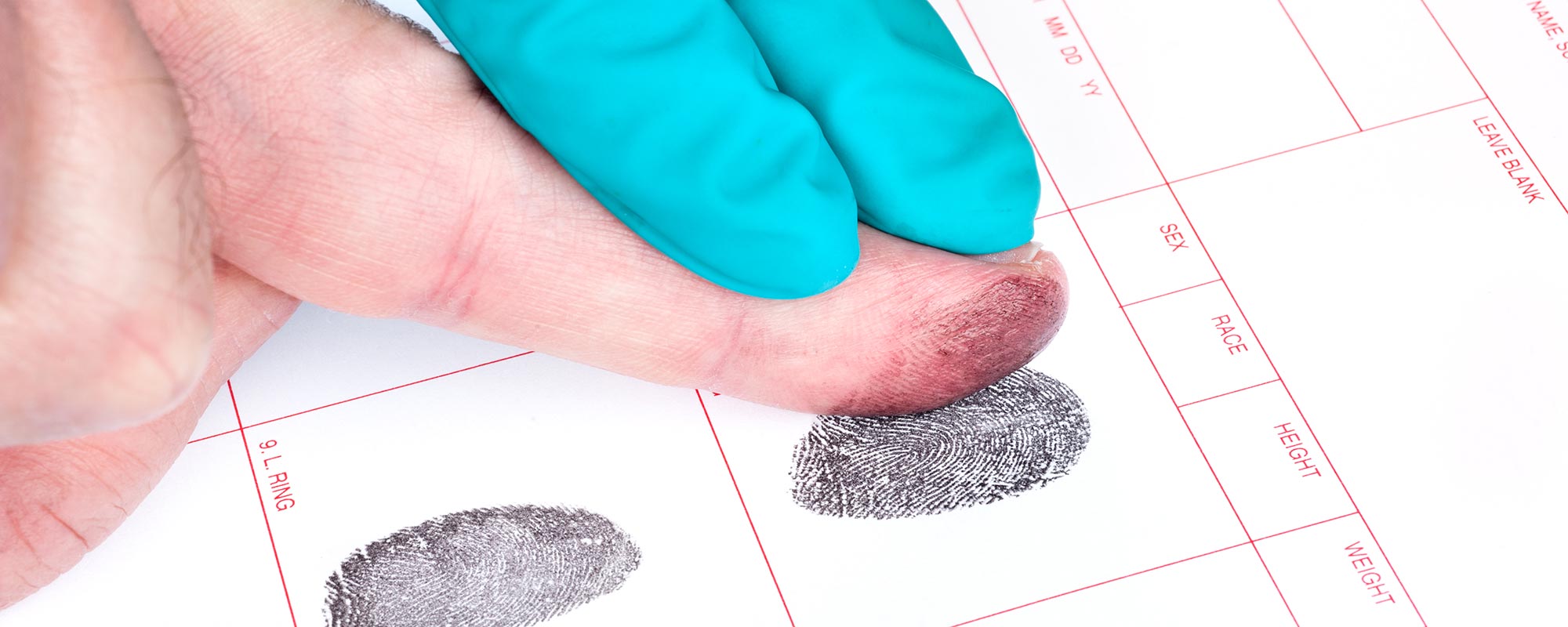On November 1, 2018, the Police Records Checks Reform Act (PRCRA) comes into force. Police record checks are searches of police databases that are conducted in order to screen a person to help determine their suitability for things like employment, volunteer position, a license, etc. The PRCRA will standardize most police record checks in Ontario, including regulating the type of information that police services release on these checks.
This is a victory, and a milestone in our long fight to put in place meaningful protections for people with non-conviction police records. It is a law that will make Ontario a fairer – and safer – place to live.
We’re thrilled to see Ontario leading the way. We also know that our work isn’t done.
The PRCRA isn’t perfect. There are far too many exemptions, most of which simply don’t make sense and risk recreating the inconsistent policy patchwork that led us to the need for this law in the first place. Many of the exemptions are in regulation and expire automatically in a year – most should not be renewed.
This law also only applies to records checks done in Ontario – it’s time for the other provinces and territories to follow Ontario’s lead and step up.
And finally, we need to change a few other laws, and in general rethink why we are using criminal record checks in the first place. Excluding people unjustifiably from workplaces and volunteer placements is unfair and makes our society less safe. Knowing whether or not a person has a criminal record doesn’t tell you much, and there are other, more effective ways to keep clients and businesses safe.
- Want more details? Read our reports and recommendations for broader change
What will the new law do?
The new Act will standardize most police record checks in Ontario, including regulating the type of information that police services release on these checks. Importantly, it will mean that people who are simply stopped by the police, dealt with under the Mental Health Act, or questioned in connection with an allegation but never charged with a crime will not have these interactions disclosed on an Ontario police record check. Disclosing this type of information on police record checks was leading to unfair discrimination, particularly in education and workplaces, and the CCLA worked hard over many years with our partners in the policing, justice, non-profit and mental health sectors to put in place these legal protections.
There are some tricky details and exemptions in the law, so for the full details please read the law itself or our PRCRA Fact Sheet.
You can also hear about some of the individuals who were impacted by the release of non-conviction records and shared their stories in an effort to bring about change – in our audio stories.
Employers and volunteer agencies should also check out our summary of the social science evidence on the usefulness of police record checks, and non-conviction records in particular. A quick summary of the evidence – and the basis for our strong belief that the new Act is a step in the right direction:
- Criminal records checks are of very limited use in determining whether someone is more likely to commit a crime in the future, and cannot be used to predict what specific type of offence a person is more likely to commit.
- Studies have found no link between having a criminal record and job performance.
- There is absolutely no evidence linking non-conviction records to future behaviour.
You can also take a look at our best practice guides to criminal records checks and hiring and volunteer recruitment.
RESOURCES
- CCLA fact sheet on PRCRA
- ccla.org/recordchecks
- Ministry of Community Safety and Correctional Services information
- Waterloo Regional Police PRCRA factsheet
- CLEO’s guide to record checks and employment
- policerecordhub.ca
- Canadian government’s information sheet on youth records
- CLEO’s information on youth records
- Justice for Children and Youth’s information sheet on youth records
About the Canadian Civil Liberties Association
The CCLA is an independent, non-profit organization with supporters from across the country. Founded in 1964, the CCLA is a national human rights organization committed to defending the rights, dignity, safety, and freedoms of all people in Canada.
For the Media
For further comments, please contact us at media@ccla.org.





